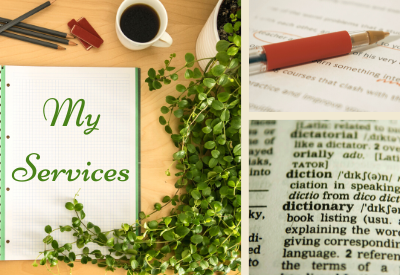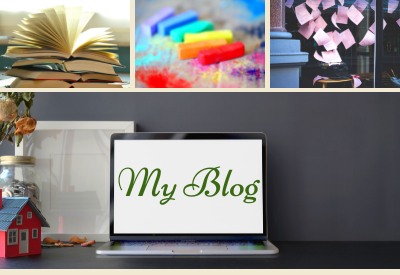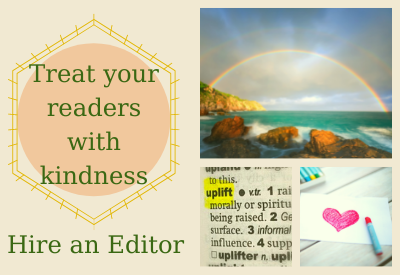Mission
As an LGBT+ editor and writer, I know the power of words.
I help writers like you make your writing kinder for your readers, whether that means fixing grammatical errors that could trip up your reader, or ensuring all language is inclusive. I specialize in LGBT+ inclusive language in plain-language documents, academic writing about literature, creative nonfiction, poetry, and fiction (especially genre fiction). I offer structural editing, stylistic editing, copy editing, proofreading, sensitivity reading, and more that you can read about in My Services.
I help writers like you make your writing kinder for your readers, whether that means fixing grammatical errors that could trip up your reader, or ensuring all language is inclusive. I specialize in LGBT+ inclusive language in plain-language documents, academic writing about literature, creative nonfiction, poetry, and fiction (especially genre fiction). I offer structural editing, stylistic editing, copy editing, proofreading, sensitivity reading, and more that you can read about in My Services.
We can all think of a time when language was used to hurt us.
For me, it was a kid on the bus home from school who called anything he didn't like gay. The seat was gay, the rain was gay, the test next Tuesday was gay. I told myself he didn't understand what he was saying, but it still stung. Because even though he never said I was a bad person for being gay, it was implied -- if only things he didn't like and thought were bad were called gay, than I must be bad and unlikeable for being gay.
We can all think of a time when language was used to uplift us.
For me, it was a coworker who didn't assume I was straight when I mentioned my partner. She waited for me to give my partner's pronouns. It was a simple act that took her little more than a second, but it felt good. Because she didn't assume I was straight, she made it obvious she thought it was valid for LGBT+ people like me to exist.
For me, it was a kid on the bus home from school who called anything he didn't like gay. The seat was gay, the rain was gay, the test next Tuesday was gay. I told myself he didn't understand what he was saying, but it still stung. Because even though he never said I was a bad person for being gay, it was implied -- if only things he didn't like and thought were bad were called gay, than I must be bad and unlikeable for being gay.
We can all think of a time when language was used to uplift us.
For me, it was a coworker who didn't assume I was straight when I mentioned my partner. She waited for me to give my partner's pronouns. It was a simple act that took her little more than a second, but it felt good. Because she didn't assume I was straight, she made it obvious she thought it was valid for LGBT+ people like me to exist.
I want to help you create language that uplifts.
That can be through spotlighting LGBT+ inclusive language, such as editing text to include gender diverse pronouns. Or it can be through ensuring clear grammar, such as by editing text so that the correct verb tense is used.
That can be through spotlighting LGBT+ inclusive language, such as editing text to include gender diverse pronouns. Or it can be through ensuring clear grammar, such as by editing text so that the correct verb tense is used.






